
Read or listen offline
Amazon KindleRecommendation
In this talk hosted by content platform Dedao University, urban planner Mao Mingrui reminds readers that data aren’t just cold numbers; instead they carry the warmth of human activities. Urban planners today have a lot more data at their disposal than in the past. While technological advances help urban planners draw up more precise blueprints and designs, a city doesn’t come alive unless the planners know what data to collect and how to interpret them. Mao explains why he looks at undergarments that are hung up to dry on patios and why he tallies the amount of dog feces on the streets. Find out how these observations help him improve life in Beijing. His entertaining and enlightening talk, transcribed and published by Chinese learning platform Luogical Thinking, might change the way you look at your city.
Summary
About the Author
Mao Mingrui is a Beijing-based urban planner and the founder and CEO of UrbanXYZ, a startup that provides urban planning consulting and data collection and analysis services.








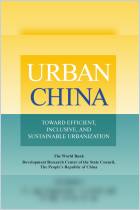
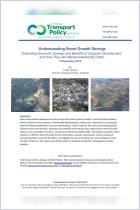
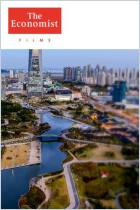
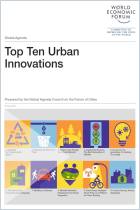
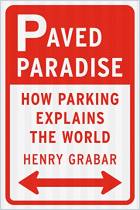
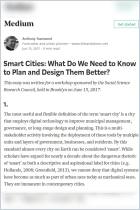


Comment on this summary